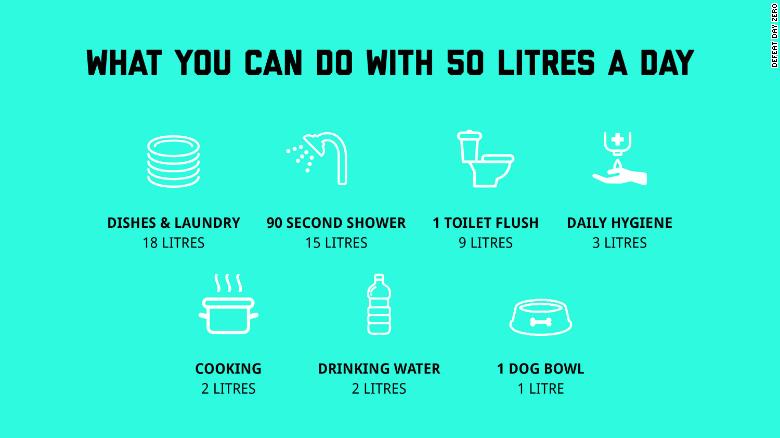We already have. It's called the Great Lake Basin Compact, and was ratified about 3 years ago.Of course you don't need to take anything, you'll come to an agreement with Canada about the water in the Lakes I'm sure. But Canada has a lot of fresh water apart from the Lakes. Sask comes to mind immediately.
The Great Lakes Basin Compact
In short, the water of the Great Lakes is to be used by the people of the Great Lakes Region only. We've already rejected proposals to build pipelines from the Great Lakes to the arid southwest...if companies/residents want cheap water, they can move to the Great Lakes Region.
That's some interesting foresight. And people will move indeed where there is water.
Hmm that will prove to be really great for the states economies where there is not enough water.




